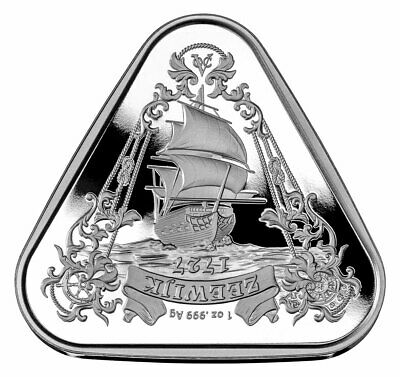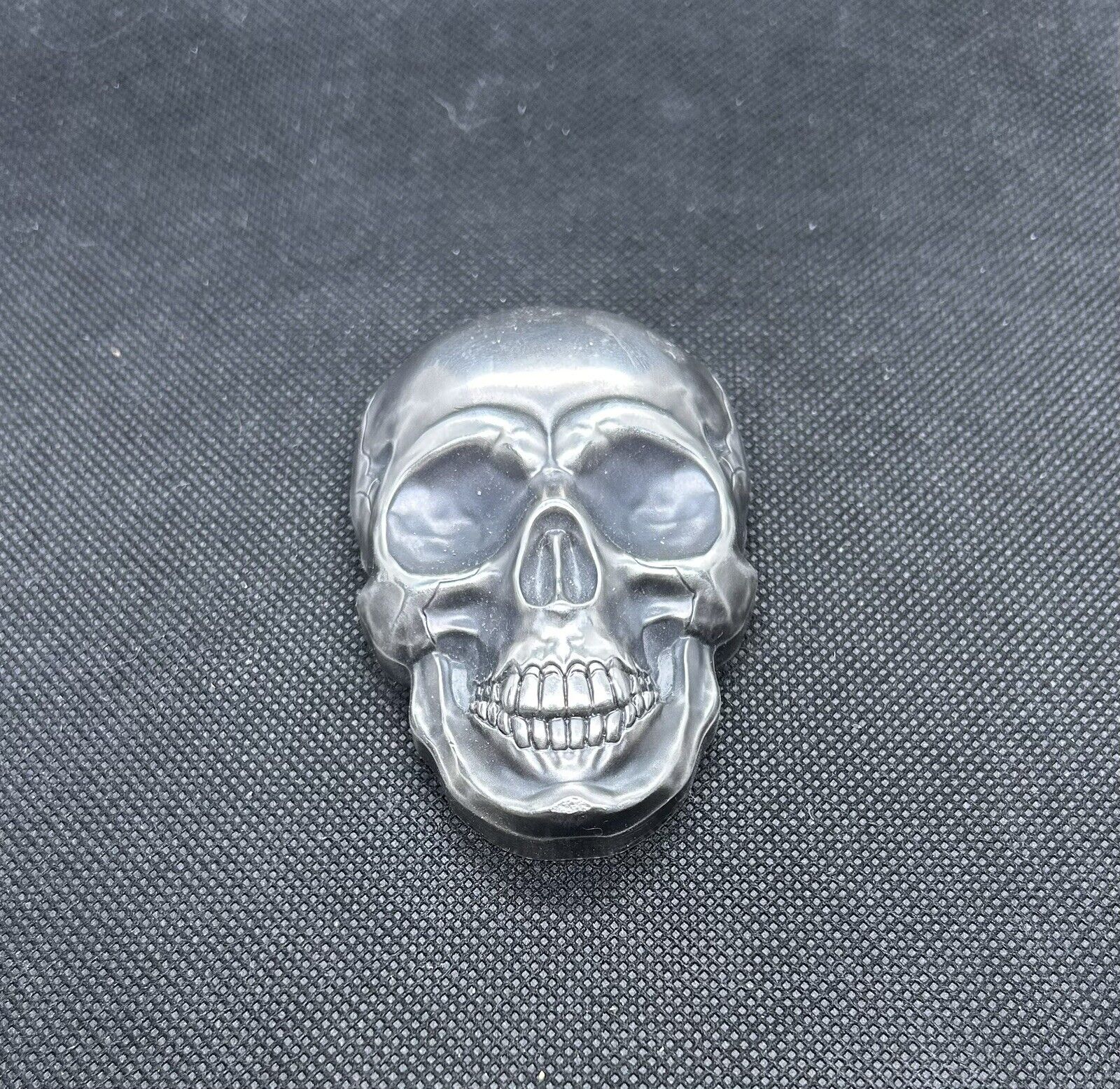-40%
RARE: FIJI 10$ 2015 Silver 999. 3oz Antique Finish MANDALA ART First in series!
$ 55.17
- Description
- Size Guide
Description
*** EXTREMELY RARE COIN! TAKE ADVANTAGE! ***ACTUALLY ONE OF THE MOST RARE AND IMPORTANT ISSUES IN THE WORLD!
THE MARKET PRICES ARE GOING UP AND ONLY A FEW COMPANIES HAVE IT AVAILABLE
EXCELLENT INVESTMENT OPPORTUNITY!
:: SOLD OUT AT THE MINT ::
First coin in the MANDALA ART series!
FIJI 10 Dollars 2015 Limited Edition coin 3oz Silver 999 :: Ø50mm :: Thickness 0,5cm
ANTIQUE FINISH :: HIGH RELIEF :: RIMLESS :: SERIAL NUMBER
Dear Collector,
We are very proud to offer you the FIRST ISSUE of Art Mints new "MANDALA ART" coin series starting with the "Kalachakra" mandala.
The pure Silver 3oz coins are strictly limited to only 500 pieces worldwide and minted in special medalic High Relief technique featuring a precious SWAROVSKY crystal and serial number on the edge.. Furthermore, they impress with their various engraved details and the sophisticated Antique Finish. A masterpiece of numismatic art!
Order now and do not miss the first issue!
*** Extremely rare! Limited to 500 coins worldwide. ***
SOLD OUT AT THE MINT
Country:
Fiji
Year:
2015
Face value:
10 Dollars
Metal:
Silver 999.
Weight (g):
93.3 (3oz)
Size (mm):
50
Quality:
Antique Finish
Mintage (pcs):
500
Certificate COA:
Yes
Box:
Yes
BACKGROUND AND HISTORY
What is a Mandala?
The meaning of mandala comes from Sanskrit meaning "circle." It appears in
the Rig Veda as the name of the sections of the work, but is also used in
many other civilizations, religions and philosophies. Even though it may be
dominated by squares or triangles, a mandala has a concentric structure.
Mandalas offer balancing visual elements, symbolizing unity and harmony. The
meanings of individual mandalas is usually different and unique to each
mandala.
The mandala pattern is used in many traditions. In the Americas, Indians
have created medicine wheels and sand mandalas. The circular Aztec calendar
was both a timekeeping device and a religious expression of ancient Aztecs.
In Asia, the Taoist "yin-yang" symbol represents opposition as well as
interdependence. Tibetan mandalas are often highly intricate illustrations
of religious significance that are used for meditation. From Buddhist stupas
to Muslim mosques and Christian cathedrals, the principle of a structure
built around a center is a common theme in architecture.
In common use, mandala has become a generic term for any diagram, chart or
geometric pattern that represents the cosmos metaphysically or symbolically;
a microcosm of the universe.
Representing the universe itself, a mandala is both the microcosm and the
macrocosm, and we are all part of its intricate design. The mandala is more
than an image seen with our eyes; it is an actual moment in time. It can be
can be used as a vehicle to explore art, science, religion and life itself.
Carl Jung said that a mandala symbolizes "a safe refuge of inner
reconciliation and wholeness." It is "a synthesis of distinctive elements in
a unified scheme representing the basic nature of existence."
KALACHAKRA
The Kalachakra Mandala is a circle which is a device for the Buddhist
Tantric meditation. It is a visual aid for concentration and introversive
meditation leading to the attainment of insights and to activation of forces
culminating in "Siddhi" supernatural forces. The Mandala is the graphic
representation of this process.
The illustration represents "palace of purity" a magic sphere cleared of
spiritual obstacles and unpurified. The square of the "Sacred palace" proper
is end used in multiple circles of flame, Vajra, eight centuries (appears
only in wrathful deities) lotus, then the inner square to reach to the deity
of the Mandala "Shaky
amuni Buddha" represented for the crystal.
PARIS COINS
Coins for investors and collectors















